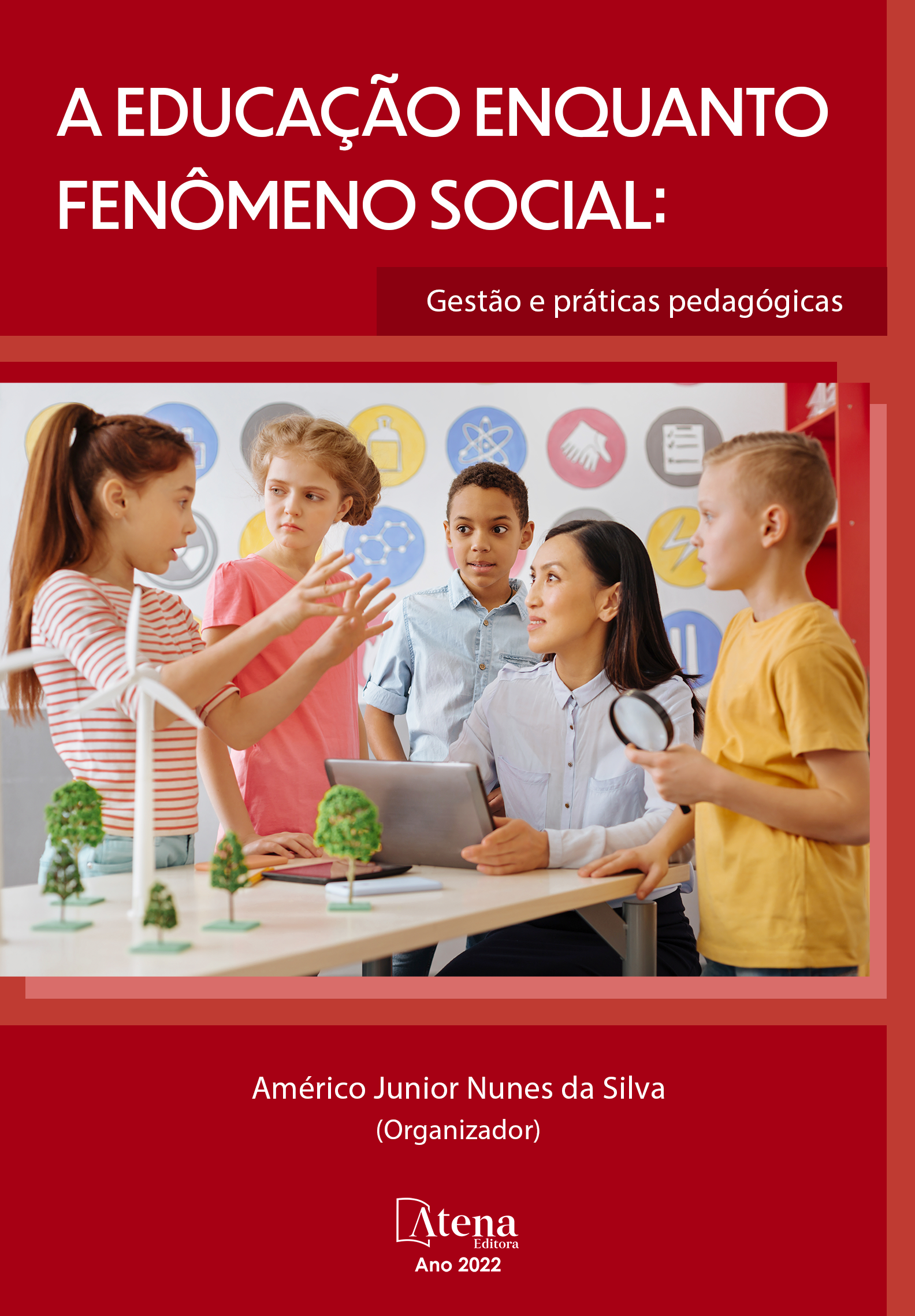
DISCALCULIA: IDENTIFICAR E INCLUIR
Este artigo apresenta algumas contribuições advindas de uma pesquisa, realizada no curso de Mestrado em Educação desenvolvida no Programa de Pós-Graduação em Educação da Pontifícia Universidade Católica do Rio Grande do Sul sobre a Discalculia. O objetivo foi identificar indícios de discalculia em estudantes de anos iniciais da Educação Básica e a verificação de possíveis modificações no desempenho matemático após a utilização do lúdico como estratégia de intervenção pedagógica. A pesquisa, de cunho qualitativo, caracterizou-se como estudo de caso, realizado no Laboratório de Aprendizagem, em uma escola pública municipal de Porto Alegre/RS, envolvendo cinco crianças de 7 a 10 anos, que possuíam diagnóstico de severas dificuldades de aprendizagem em matemática. Na coleta de dados utilizou-se o Teste Neuropsicológico Infantil de Manga e Ramos (1991) para identificar as deficiências nas habilidades matemáticas, caracterizando uma possível discalculia, entrevista semiestruturada, observações descritivas e diário de campo, que foram trabalhados com análise de conteúdo. Primeiramente, os estudantes participaram do pré-teste com a aplicação do Subteste da Compreensão da Estrutura Numérica e Operações Aritméticas; em seguida receberam doze sessões de intervenção; por fim, foram reavaliados no pós-teste. Os resultados revelam que a intervenção pedagógica lúdica influenciou positivamente na construção do número e operações aritméticas, evidenciando um aumento no percentual de acertos dos sujeitos nas testagens matemáticas realizadas posteriormente aos atendimentos.
DISCALCULIA: IDENTIFICAR E INCLUIR
-
DOI: 10.22533/at.ed.21722090823
-
Palavras-chave: discalculia; intervenção pedagógica; lúdico
-
Keywords: dyscalculia; pedagogical intervention; ludic
-
Abstract:
This article presents some contributions arising from a research conducted in the course of the Master's in Education developed in the Graduate Program in Education of the Pontifical Catholic University of Rio Grande do Sul about dyscalculia. The goal was to identify signs of dyscalculia in students in the early years of Basic Education and to verify possible changes in their mathematical performance after the use of games as a pedagogical intervention strategy. The research, qualitative in nature, was characterized as a case study, carried out in the Learning Laboratory, in a public school in Porto Alegre/RS, involving five children from 7 to 10 years old, who were diagnosed with severe learning difficulties in mathematics. The data collection used the Infant Neuropsychological Test of Manga and Ramos (1991) to identify the deficiencies in mathematical skills, characterizing a possible dyscalculia, semi-structured interview, descriptive observations and field diary, which were worked with content analysis. First, the students participated in the pre-test with the application of the subtest of the Understanding of Number Structure and Arithmetic Operations; then they received twelve sessions of intervention; finally, they were re-evaluated in the post-test. The results reveal that the pedagogical playful intervention positively influenced the construction of number and arithmetic operations, showing an increase in the percentage of correct answers of the subjects in the mathematical tests performed after the sessions.
-
Número de páginas: 13
- JUSSARA BERNARDI


